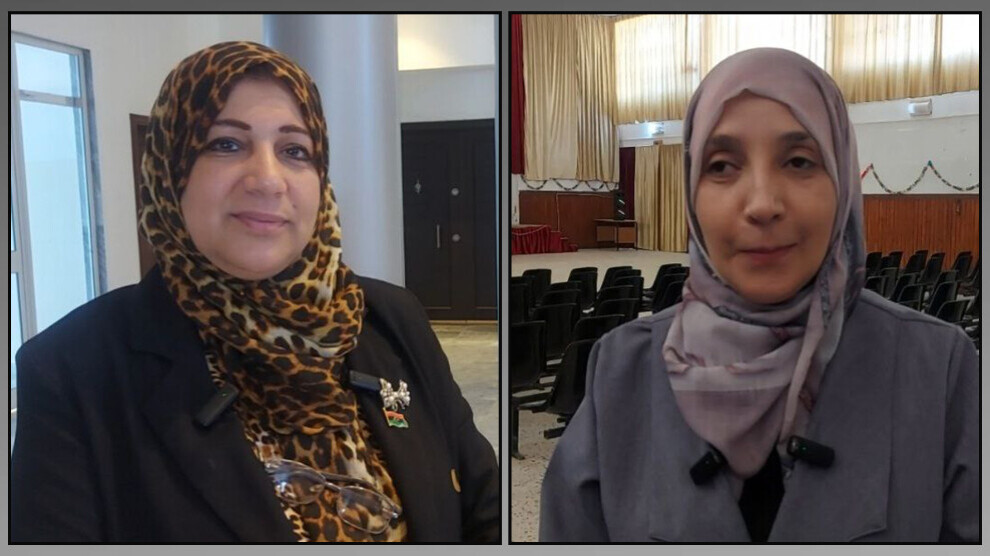Libyan women with disabilities confront exclusion, legal failures
Khayriya al-Farjani and Amal Abu Fans highlight the abilities of Libyan women with disabilities while exposing social and legal barriers that limit their role in politics and the economy despite their competence and determination.

HINDIA AL-ASHIBI
Libya — Women with disabilities in Libya face multiple challenges rooted in discrimination based on both disability and gender. This results in exclusion, violence, and limited access to rights and opportunities. Although Libya has laws protecting this group and has ratified the Convention on the Rights of Persons with Disabilities, these measures are often poorly enforced.
Ability not measured by body
Educational consultant Khayriya al-Farjani believes that women with disabilities, like all other women, possess the capacity to contribute and excel in politics and the economy, as their inner conviction of their value strengthens their presence across different sectors.
She stressed the crucial role of society in highlighting the contributions of women with disabilities in all fields, adding: “There is no harm, no shame in a woman with a disability—whether physical or visual—entering politics or assuming a high position, as long as her mind is sound, her thinking mature, and she has the ability to offer her skills and take part in building her community and nation.”
Al-Farjani noted that the economic sphere is among the most challenging areas for women with disabilities, “as it requires resources and the ability to achieve results. But I believe they are capable of accomplishing much despite the obstacles they face.”
Challenges, legislation
Amal Abu Fans, a journalist and civil activist who is visually impaired, said women with disabilities in Libya have the ability to work and actively contribute to public life, but need support from their families, communities, and the government.
“We see many women with disabilities holding advanced degrees, yet a large number of them remain unemployed,” she explained. “Basic services for people with disabilities, whether visual or physical, are lacking. This limits their opportunities and ability to contribute, despite Libya experiencing progress in transportation, roads, and infrastructure.”
Abu Fans highlighted the numerous obstacles women with disabilities face, particularly in the labor market, where public and private institutions continue to refuse their employment—citing limited capabilities, inadequate facilities, or a lack of accessible environments.
She stressed that limited awareness and weak media coverage of disability rights contribute to reinforcing stereotypes and excluding women with disabilities from meaningful participation in society. “There must be strong media coverage that raises these issues, pressures government institutions, and enforces the labor law, which obligates employers to allocate 5% of jobs to people with disabilities,” she said.
Libyan legislation includes several provisions to safeguard the rights of persons with disabilities. Law No. 5 of 1987 stipulates their welfare through access to vocational training, suitable employment, transport facilities, tax and customs exemptions, improved accessibility in public spaces, and provision of assistive devices, in addition to requiring public institutions to allocate a quota of jobs for them.
However, Abu Fans pointed out that the greatest challenge remains the insufficient disability allowance. “The disability pension, set at 1,000 Libyan dinars (around $150), does not cover the basic needs of women with disabilities, who cannot work or secure alternative sources of income,” she said.
